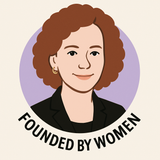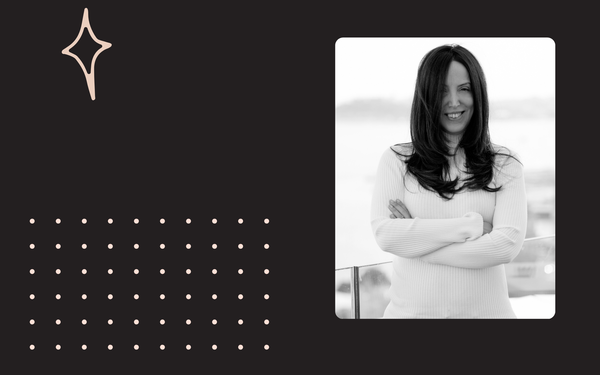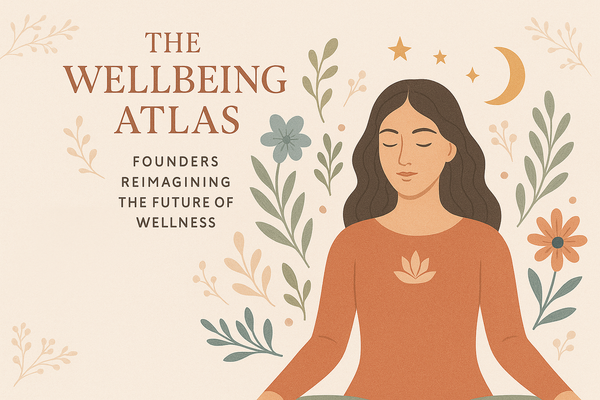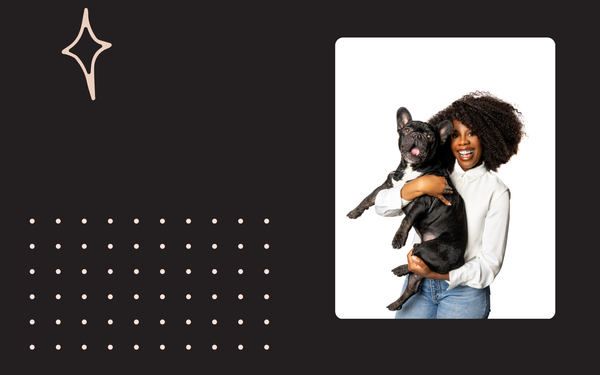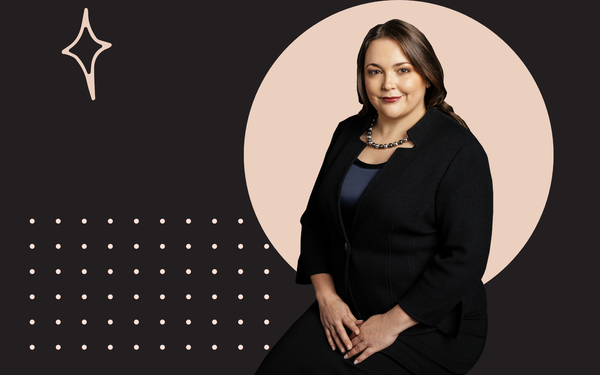Enhancing Human Connection Through AI: A Conversation with Augusta Klingsten Peytz
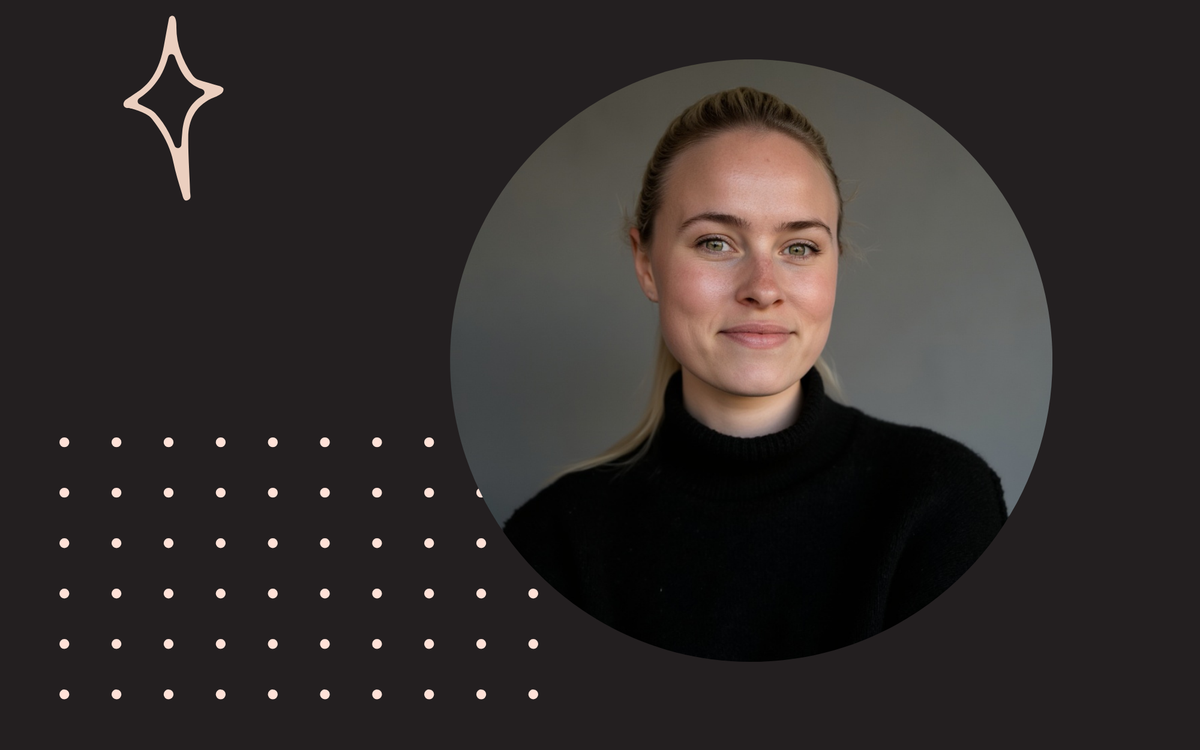
In an era where mental healthcare faces unprecedented demand and chronic capacity constraints, the integration of artificial intelligence into psychiatric practice remains a topic of both promise and concern. Augusta Klingsten Peytz, Co-Founder and CEO of Aisel Health, represents a unique perspective in this evolving landscape—a former mental health impact investor who transitioned from funding solutions to building them.
Founded in 2024 in Copenhagen, Aisel Health has developed an AI-powered clinical documentation suite specifically designed for psychiatric workflows. Unlike the proliferation of AI chatbots offering direct mental health support, Aisel's approach focuses on enhancing the clinical relationship by automating administrative tasks, allowing psychiatrists to spend more meaningful time with patients.
The results speak for themselves: clinics using Aisel have seen up to a 36% increase in capacity and over €100,000 in added revenue per psychiatrist annually, while saving 20-35 minutes per patient consultation. As the company prepares for its Platform 2.0 launch in July 2025, Augusta shares insights on balancing human connection with technological efficiency, the challenges of scaling AI solutions across diverse healthcare systems, and what it means to build responsibly in one of healthcare's most sensitive domains.
Many people worry that AI in mental healthcare will strip away the essential human connection that makes therapy effective. Yet Aisel's approach seems to do the opposite—your data shows clinicians actually get more time with patients, not less. Can you walk us through how this counterintuitive outcome works in practice? What does a typical patient journey look like when they first encounter Alicia, your AI anamnesis tool, and how does that set up their psychiatrist for a deeper, more meaningful consultation?
Absolutely. First, it's important to distinguish between the different business models in mental health. On one end, we see a wave of AI chatbots offering mental health support as standalone tools—without any involvement from licensed practitioners or human connection.
Then there are companies like Aisel Health, which work alongside clinicians to increase patient time by automating repetitive, standardized tasks.
Both models are very valid, but the discussion on whether the human connection will be stripped away is very different based on the business.
At Aisel—and in particular with our tool Alicia, our AI anamnesis tool, as an example—we seek to enhance the quality of time between patient and practitioner. When a new patient first interacts with Alicia, they complete a structured digital pre-assessment covering symptoms, medical history, and relevant context. This data is synthesized into a report that the psychiatrist receives before the first session.
Rather than spending the first 45–60 minutes collecting background, the clinician starts with a clear overview and can go deeper from the start. When AI handles the admin, it frees up space for a more meaningful, human conversation.
You made a fascinating transition from being a mental health impact investor to actually founding a company in the space you were investing in. What was the "lightbulb moment" that made you realize you needed to build Aisel rather than just fund existing solutions? And now that you're on the other side of the table, how has your investor background influenced the way you're building and scaling the company—particularly when it comes to demonstrating ROI to psychiatric clinics?
I wouldn't say there was a single lightbulb moment—it was rather good timing and a kind of racehorse energy. The best analogy I can give is that feeling of being in the starting box, itching to run. I loved my time in VC, met incredible founders, and worked with a fantastic team. But I also had a strong urge to build something myself and truly understand what that entails. That experience has definitely made me a better investor, too.
Coming from a business and finance background—rather than healthcare—has both advantages and drawbacks. My co-founder comes from a product background, and together we lean on our analytical and commercial strengths. We focus on process, metrics, and clinic ROI before jumping into product design, because no one needs a tool that doesn't deliver value.
We've also chosen the VC-backed route, and having sat on the investor side has helped us navigate that process more effectively. That said, we're acutely aware of not having the practical experience in clinical day-to-day. That's why we obsess over working closely with practitioners—both with our clinical team, users and external experts to make sure what we're building is clinically sound and genuinely helpful.
Aisel is already being used in hundreds of psychiatric consultations across Denmark and the UK, with impressive results—36% increase in clinic capacity and over €100,000 in added revenue per psychiatrist annually. As you prepare for your Platform 2.0 launch in July 2025, what are the biggest challenges you're anticipating as you scale to new markets? How do you maintain clinical accuracy and cultural sensitivity when psychiatric practices and patient communication styles vary so significantly across different healthcare systems and cultures?
Our first priority is getting the product right in our initial markets before scaling internationally. We have an ambitious roadmap to make Aisel a true AI co-pilot for psychiatrists—supporting them throughout the entire patient journey. Our clear focus is on bringing that vision to life before expanding across cultures.
That said, we already work with clinics across Northern Europe and have seen clear cultural differences in how care is delivered. With Platform 2.0, we're introducing more modularity so individual users can tailor Aisel to their preferences, meaning we can adjust symptom phrasing, intake logic, and report formatting based on local norms—not just based on geography, but also on clinical expertise and personal work habits.
From a regulatory standpoint, treatment guidelines are fairly aligned across Europe, and within the EU, we all follow the same overarching regulations, which we fully adhere to. The UK, although outside the EU, has recently tightened its regulatory framework through the NHS. As we prepare for Class I certification in both the UK and EU, we're experiencing those differences firsthand. Still, we welcome this clarity—it builds trust and credibility in the growing field of digital health.
Are you a woman leader with an inspiring journey to tell? Founded by Women is on a mission to elevate and amplify the voices of women making an impact.
If you're breaking barriers, driving change, or paving the way for others, we’d love to feature your story. Get in touch with us today!
👉 hi@foundedbywomen.org
